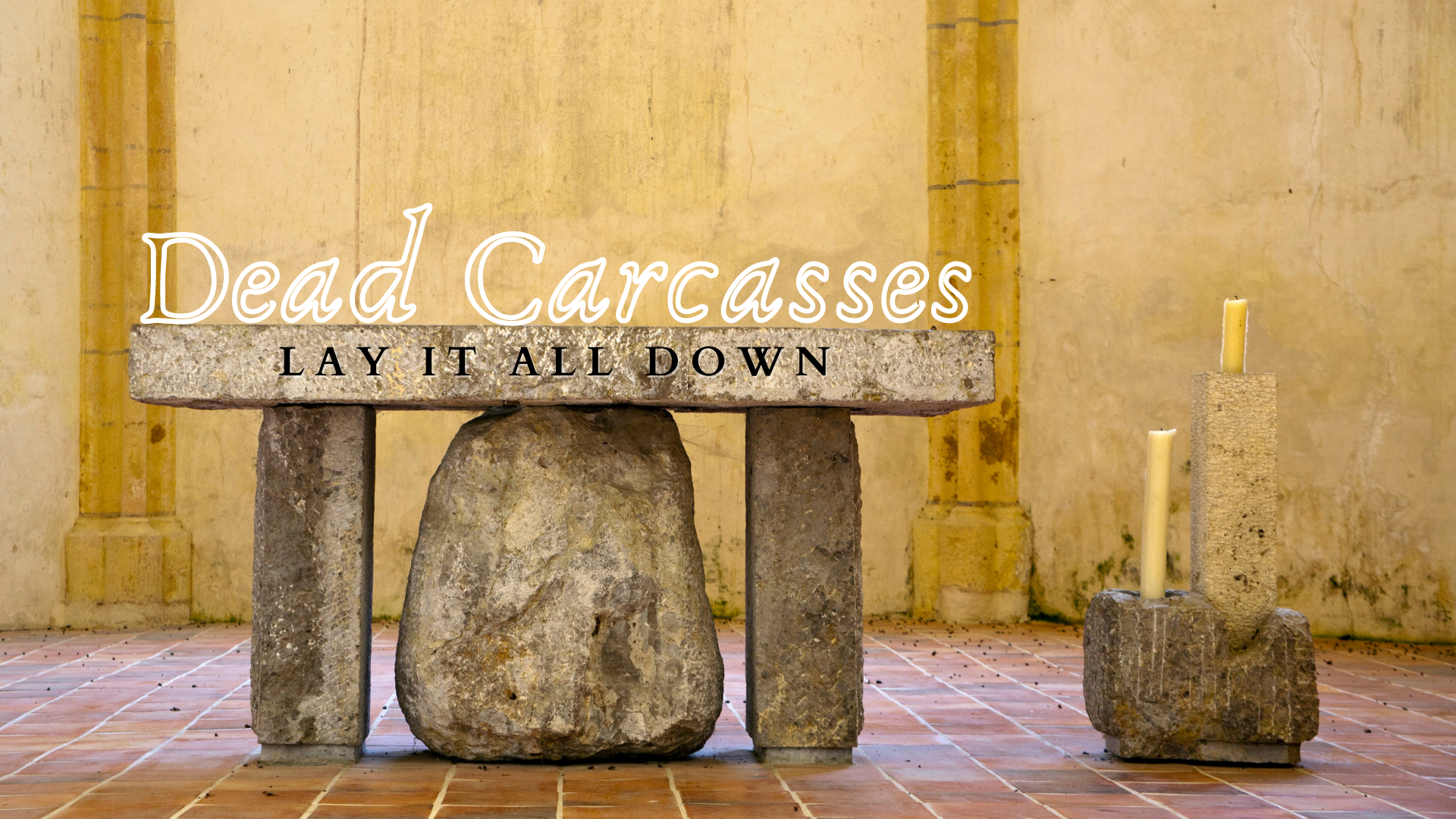There is a question that has been ruminating around in my thoughts and tugging at my heart the past few weeks that I haven’t been able to shake, “How can I help prevent my children from walking away from the LORD?”
Part of this question emerged through doing a deep-dive Bible study of I and II Samuel. While I have read these two books on many occasions, the parenting aspect has hit me in new and profound ways I hadn’t previously given much reflection. Verses such as, “Eli’s sons were scoundrels; they had no regard for the LORD” and “when Samuel grew old, he appointed his sons as Israel’s leaders…but his sons did not follow his ways.”
How did both of these servants of God who were so faithful to the way and teachings of the LORD have children who so despised the things their fathers cherished most? The other reason why this issue is weighing on my soul so heavily is due to the numerous heart-wrenching conversations I have had with pastor friends, missionary colleagues and old classmates who are walking through perilous experiences with their own wayward children.
As I look into the red- moistened eyes and listen to their sleep-deprived accounts of the decisions their children have made, I weep with them and plead with God to work so profoundly in the lives of their dear children that they would have the beautiful and profound moment Jesus talks about in Luke 15:17, “when [the prodigal son] came to his senses…” he decided, “I will set back and go back to my father.” As I have reflected and prayed about this issue during the dark-nights of the soul, I feel the LORD has finally given me two words of comfort and strength as I attempt to train, lead and disciple my own children.
1. Every person has to have their own redemption story. We can’t make these decisions for our children. The same Holy Spirit who helped me to come to my senses is the same Spirit of God who is at work in their lives as well.
2. “Don’t be afraid to let them see the dead carcasses.” What in the world are you talking about? God’s Spirit gently showed me this while meditating on His Word this morning. In I Kings 12:32, we are given the historical account of King Jeroboam right after the nation of Israel is divided into two kingdoms. God had promised Jeroboam that he could “rule over all that his heart desired.” God made a divine covenant with Jeroboam as a response to the evil things Solomon did in pursuing and worshiping demons cloaked as false deities. God offered Jeroboam the opportunity to have a familial dynasty and, most importantly, His very presence IF he walked in obedience. King Jeroboam, however, rejected every aspect of what the LORD God offered. Rather than cling to the promises of God, Jeroboam follows the fears of his own insecurities. He listens to ungodly advice and leans on his own thought processes over what God told him.
Jeroboam loses his moral compass so profoundly that he builds two golden calves and tells the people of Israel, “It is too much for you to go up to Jerusalem. Here are your gods, Israel, who brought you up out of Egypt (12:28).” Not only does he forget the devastating outcome of what happens to the Israelites when they left and built and worshiped a golden calf, but he doubles down and claims this is the god who made the exodus possible!!
What in the world!?!
Then a few chapters later it reads, “[Jeroboam] sacrificed to the calves he had made.” This is the moment when the Holy Spirit showed me the wise counsel of “do not be afraid to show my children the carcasses.” He showed me that each one of us has something that takes pre-imminence over everything else. The way we can tell what is most important to us is by looking to see what has the dead carcasses around it – those things we have sacrificed in devotion to it.
If our careers come first – our kids will see the carcasses of overtime, missed games, skipped family dinners and broken promises. If our kids are placed first –they will see the dead carcasses of misplaced honor, skipped worship services, over-busy lives and a life-ruining emphasis on earthly success that God deems as foolish.
The thing Jeroboam cared most about was having the 10 tribes of Israel devoted to him. This desire for devotion took precedence over devotion to the living God. On the high places of Bethel, he worshiped and sacrificed to this object of his devotion.
The thought hit me. What sacrifices do my children see from me? Will they remember the daily Bible lessons and teachings we tried to pass along? Will the importance of prayer and confession of sins be something they recall when they are old? How will they remember our insistence to be a part of the body of Christ?
As I said before, even the most devoted servants of God have children who reject their ways. However, we must first show them the way of righteousness if we want to even have a shot.
– Nathan D. Davenport, Director of Recruitment, Pioneer Bible Translators






